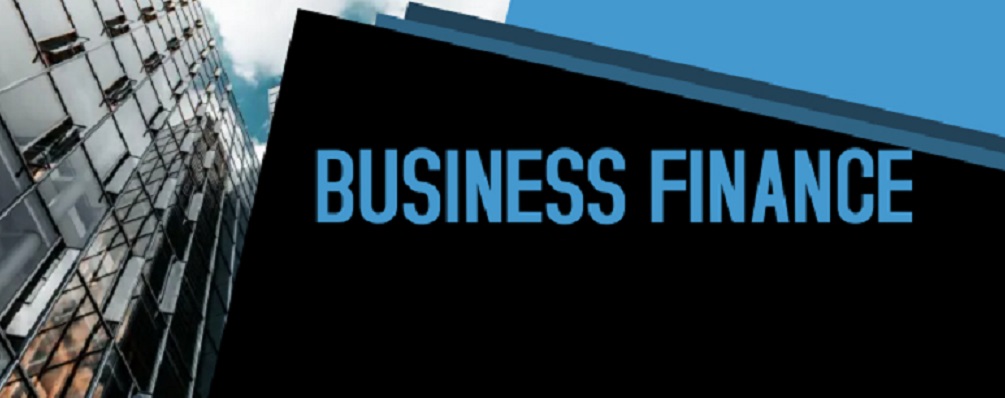
Business Finance Funding
Business Finance Funding
Business finance refers to the loans taken out by business owners to finance various operations, such as starting the business, acquiring assets, or addressing unexpected cash flow problems. However, it now encompasses more than just securing funding – it also involves managing and accounting for the debts incurred by the company
Available Services:
Business Debt Finance
Business Debt Finance
This is a straightforward form of financing where a company borrows funds from a lender and repays it with interest over a fixed term.
Besides these, some other types of business finance based on the source are:
Angel investors: These are investors, individuals or companies who can provide business financing. Businesses can reach out to them through financial consultants, lawyers or other business advisors.
Personal equity placements: This is a regulated form of financing that requires the support of a professional team of legal, financial, and accounting advisors.
Asset-based lending: Companies can secure loans using their assets or acquisitions with this type of financing. It can be used to purchase machinery, gear, lease, or buy properties for the business.
Friends and relatives: This is a popular form of financing, especially for start-ups and new businesses. Since funding comes from personal relationships, it doesn’t need due diligence and relies heavily on trust.
More....
Documents Required:
- Pitch Deck(Pitch Deck)
- DPR(DPR)
- Financials (3 year Financials )
- ITR(3 Years Company ITR)
- PAN and COI(PAN and COI)
- KYC(KYC of Directors)
- ITR-Directors(3 Years Directors ITR)
- Banking(Last 1 Year Banking)
- Others(Others Documents)
Business Equity Finance
Business Equity Finance
This type of financing involves funding from owners or shareholders, who become partial owners of the business based on their investment. They earn returns based on their ownership when the company earns profits.
More....
Documents Required:
- Pitch Deck(Pitch Deck)
- Financials (3 Years Financials )
- DPR(DPR)
- PAN and COI(PAN and COI)
- ITR(3 Years ITRs of Company)
- ITR Directors(3 Years ITRs of Directors)
- Directors KYC(Directors KYC)
- Others(Others Documents )
Business Loan
Secured and Unsecured Business Loans
The main difference between a secured loan and an unsecured loan is whether the lender requires security.
A secured loan for your business requires security. This may be property, inventory, accounts receivables or other assets. If the loan can’t be met, the lender may rely upon these assets to clear the outstanding balance, interest or fees.
An unsecured loan for your business doesn’t require physical assets (such as property, vehicles or inventory) as security. Instead, your lender will often look at the strength and cash flow of your business as security.
More....
Documents Required:
- Financials(3 Years Financials )
- ITRs(3 Years ITRs)
- Banking(1 Year Banking)
- Kyc(All Directors Kyc)
- Directors ITR(3 Years Directors ITR)
- Others(Others Documents)